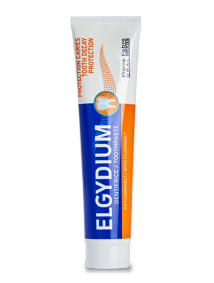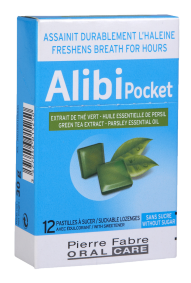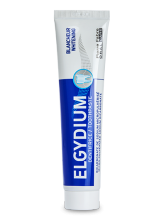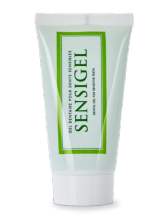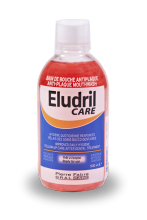How should dentures be cleaned?
Clean your dentures with a brush
It is important to regularly brush your dentures, particularly after meals and before going to bed. To do so:
- use a denture brush or a soft nylon toothbrush with rounded tips (only used for this purpose),
- hold the dentures firmly in the palm of your hand (without squeezing too hard) over the sink (in case you drop them);
- brush them with a denture cleaner or a mild soap, rubbing all over, from all angles;
- rinse in warm water;
- check that no cleaning product or bacterial plaque remains.
Soak your dentures
It may be necessary to regularly soak your removable dentures in a liquid that eliminates calcium deposits and disinfects. There are various products available for this purpose.
- Put your dentures in a plastic container with a lid, which you use only for this purpose.
- Dilute the cleaning product in warm (but not hot!) water to make it more effective, following the manufacturer's instructions.
- Completely immerse the dentures, and swirl them around gently to disperse any bubbles.
- Close the container.
The average immersion time varies depending on the manufacturer. When your remove your dentures from the cleansing bath:
- rinse them under running water to remove the detached particles and chemical products,
- brush them
- empty and clean the container. Do not reuse the cleaning solution.
Remember that vinegar-based recipes can tarnish metal parts. Never scrape tough calcium deposits, as you risk damaging the dentures. Take them to your dentist who is specially equipped to do so.
In any event, follow the recommendations of your dentist, who knows the best way to clean your dentures without damaging them.
Fresh breath
Tackle the sources of bad breath, such as tartar, neglected interdental spaces and coated tongue: find a solution to every cause.
See the program